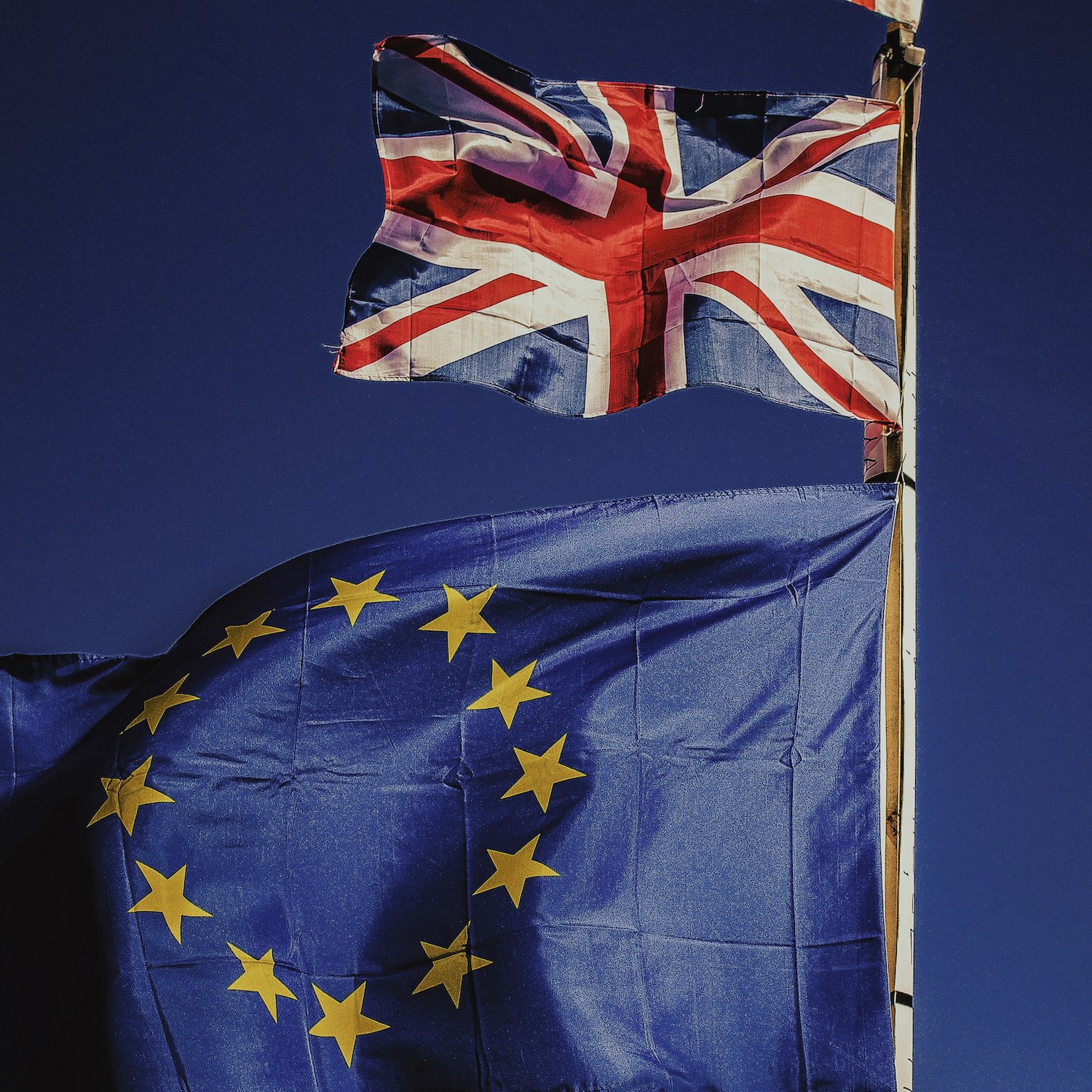Shortly after Great Britain officially withdrew from the club of twenty-eight European countries, the coronavirus pandemic broke out. No sooner had the world recovered than it was hit by an energy crisis that turned into the biggest inflationary episode since the oil shocks of the 1970s.
The described development naturally affected the global economy, including the economy of Great Britain. Negatively, of course. Therefore, after four years, it is very difficult to clearly determine whether Brexit was a benefit or a loss for Great Britain. The fact is that a number of problems arose in connection with the withdrawal from the European Union, but also a number of negative predictions did not come true.
The Economy
The economy of Great Britain fell significantly deeper than the average of the countries of the European Union (the remaining 27 countries) during the covid crisis. While Great Britain's GDP fell by around 11 percent in 2020, the EU's economy shrank by just 5.6 percent. On the other hand, the British economy grew much more strongly in 2021 and 2022 than the EU economy. Currently, however, both economies are growing at approximately the same rate.
The impact of the energy crisis and inflation
The energy crisis hit Great Britain quite hard. This was reflected in the subsequent increase in inflation, which rose above 11 percent in the worst period (October 2022). The rate of growth of the price level in the United Kingdom thus reached the highest level in the last 40 years.
The question is whether British inflation would be lower if Britain remained in the EU. The only honest answer is that we don't know. In addition, it is a very difficult category to measure, as the United Kingdom has never been a member of the Eurozone, so it has always managed its monetary policy (and thus the fight against inflation) by itself through its central bank (Bank of England).
At the same time, it should be emphasized that while inflation in the UK has risen rapidly, it has also fallen relatively steeply. The last known data indicates that prices rose by only 3.4 percent year-on-year in February 2024.
Where we could be
From the point of view of the effects of Brexit, it makes sense to consider whether Great Britain could be better off if it did not leave the European Union. It is therefore a matter of comparing estimates of the possible development of GDP, foreign trade or capital flows in the event that Brexit did not occur, with the actual development.
According to an estimate by Britain's Office for Budget Responsibility, Brexit signed off by reducing productivity by four percent compared to the rest of the EU. The same authority estimated that the volume of exports and imports between Britain and the EU would be about 15 percent lower in the long term than if Brexit had not happened. Even Brexiteers' oft-touted freedom to strike free trade deals with countries outside the EU has not had the desired effect on Britain's foreign trade.
At the same time, however, the Remainers' fears that London would lose its position as an important European financial centre did not come true either. The Euronews portal recalls a survey according to which 44 percent of the largest companies providing financial services wanted to leave Britain after Brexit. It is said that more than four-fifths of them actually did so, but the current trend is that a significant number of them are returning to the British Isles. The Euronews portal also cites a report according to which up to 75,000 jobs in the financial sector were supposed to disappear due to Brexit, but the actual figure is less than a tenth.
Northern Ireland issue
Apparently, the biggest "pain" in the entire Brexit remains the Northern Ireland issue. For a long time it was not clear how to solve the movement of goods between Ireland, Northern Ireland and the rest of the United Kingdom. The people of Ulster themselves did not want a hard border, and even from the point of view of mutual trade, such a regime would not be suitable. The result is a kind of hybrid regime, where the aforementioned border is not completely freely passable, but neither is it closed as between the United Kingdom and third countries.
For a more sober evaluation of the effects of Brexit on the economy of Great Britain and the European Union, we will need a much longer period of time. And that both from the logic of the matter itself, and because of the extraordinary events that occurred immediately after Brexit on both sides of the border.
Peter Svoreň, APME FX




